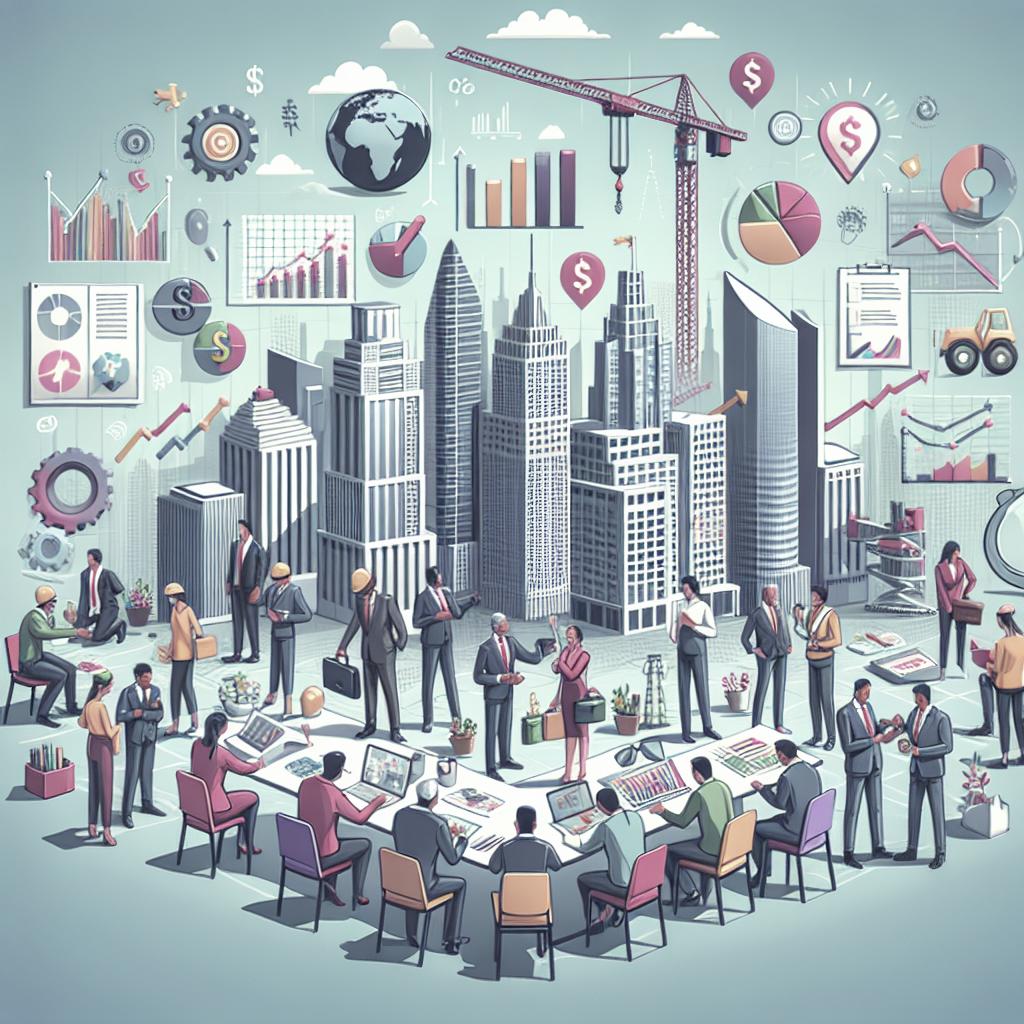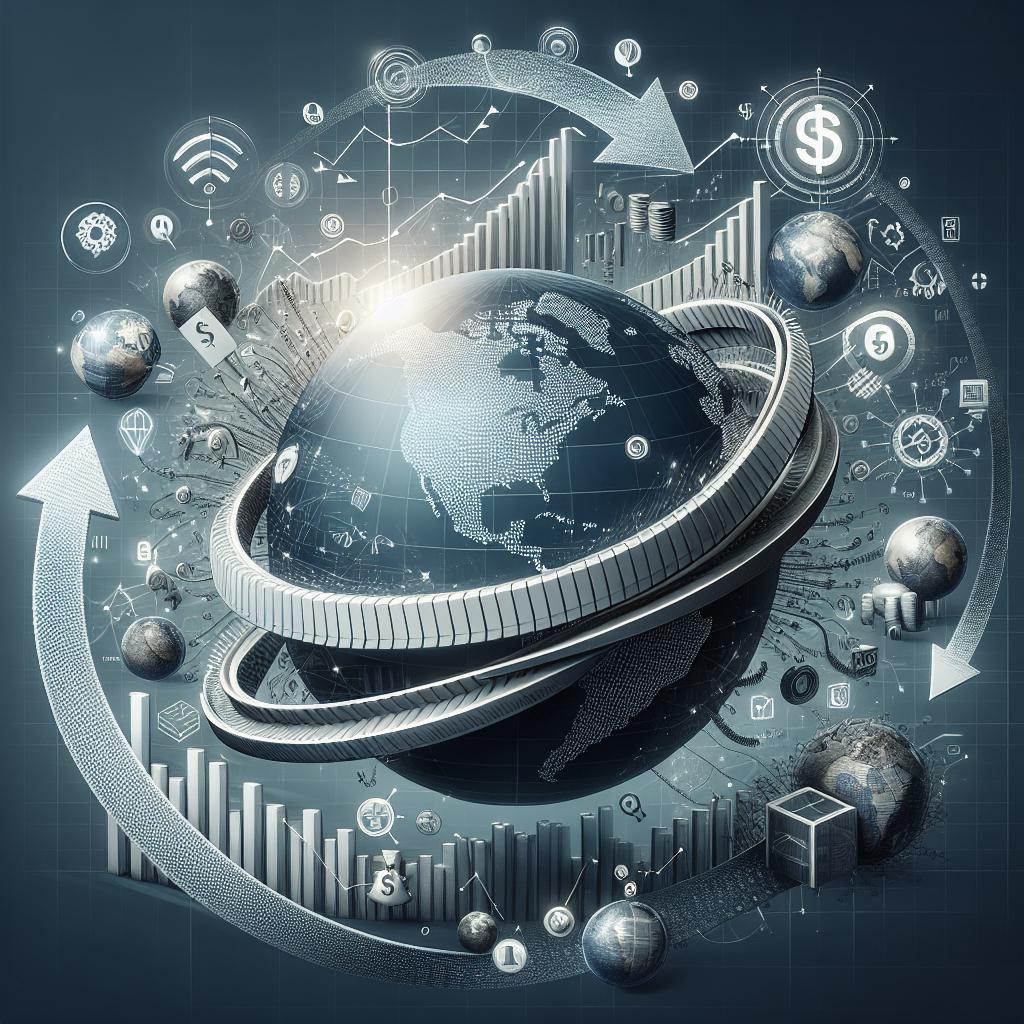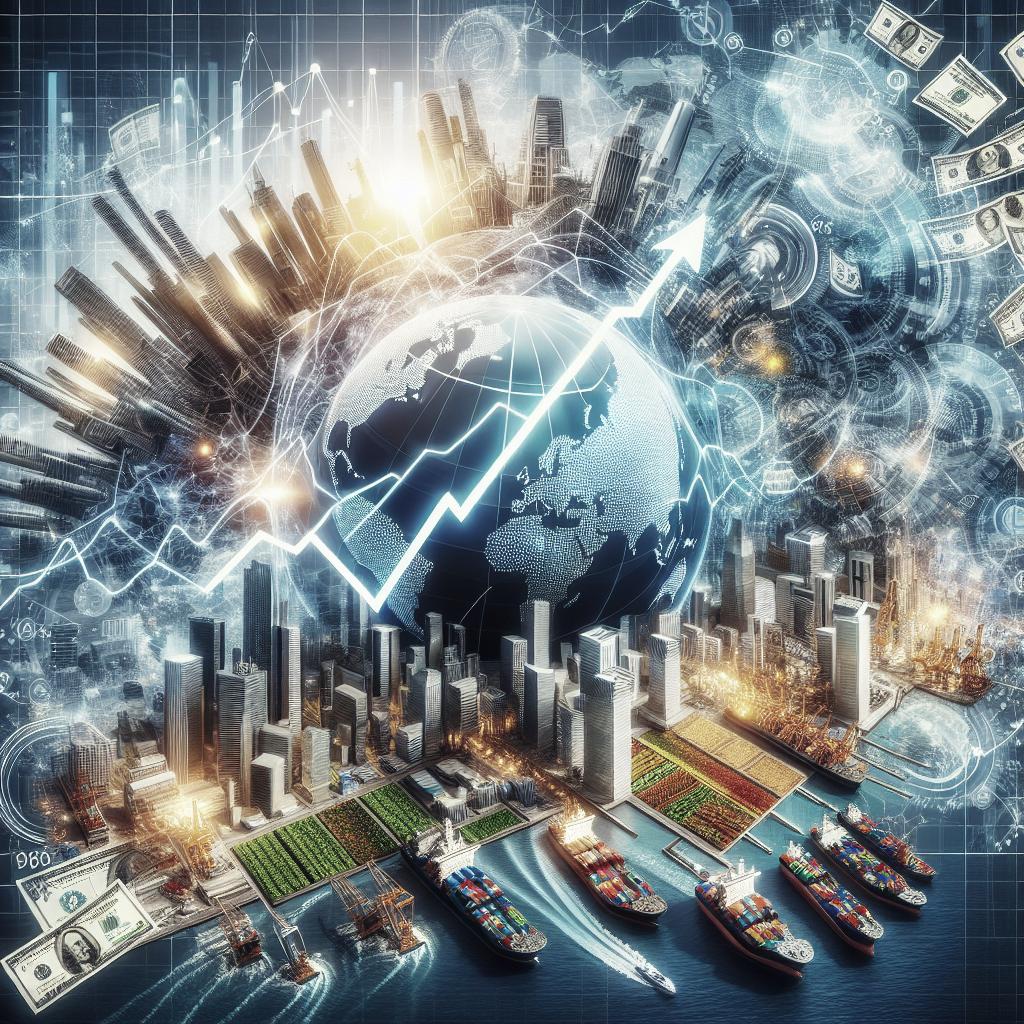Economic Development Policies
Economic development is crucial for improving the living standards of people and enhancing a nation’s prosperity. This blog post explores critical policies that facilitate economic growth, the involvement of international bodies like the IMF and World Bank, and other pressing issues in economic development. Each section offers insights into how these elements contribute to global and local economic standards, focusing on strategic policy-making that can lead to sustainable growth. Through an exploration of these topics, readers will gain a clearer understanding of economic development’s multifaceted nature and its significance in shaping the world’s economy.
Policies for Economic Development
Policies aimed at economic development are essential tools that governments and policymakers use to stimulate growth. They encompass measures such as tax incentives, infrastructure investments, and innovation support. Tax incentives can help attract foreign direct investment, creating jobs and boosting local economies. Infrastructure investments, like improving transportation and communication systems, can also facilitate economic activities by reducing costs and improving efficiency.
Another crucial aspect of economic development policies is education and workforce development. Investing in education ensures a skilled workforce capable of meeting the demands of a dynamic economy. Likewise, promoting entrepreneurship and innovation can drive new business creation and technological advancements, contributing to economic diversification and resilience.
Environmental sustainability is increasingly becoming a key component of economic policies. By integrating green practices and technologies, countries can achieve a balance between growth and environmental preservation, ensuring long-term economic stability.
Role of IMF in Economic Development
The International Monetary Fund (IMF) plays a significant role in economic development by providing financial assistance and policy advice to member countries. Primarily focusing on macroeconomic stability, the IMF helps countries tackle balance-of-payments issues, stabilize their currencies, and implement reforms aimed at fostering sustainable growth.
In addition to lending funds, the IMF offers technical assistance and training to improve the economic management capabilities of its member countries. These efforts are designed to strengthen institutional capacity and create a sound policy environment conducive to economic development.
Despite its contributions, the IMF’s role often sparks debate, particularly in terms of the conditions attached to its loans. Critics argue that structural adjustment programs can lead to austerity measures that may hurt vulnerable populations. Therefore, ongoing discussions about reform and adaptation in the IMF’s approach are vital to enhancing its impact on global economic development.
World Bank and Economic Development
The World Bank mainly focuses on long-term economic development by financing projects and initiatives that target poverty reduction and infrastructure improvement. Through its financial products, the World Bank supports sectors such as health, education, and urban development, helping countries improve their citizens’ quality of life.
One of the World Bank’s significant advantages is its focus on knowledge sharing and collaboration. It leverages data and expertise to guide project implementation and policy-making, ensuring that development efforts are both effective and efficient.
Nevertheless, the World Bank faces challenges, including ensuring local community involvement and adapting projects to the unique contexts of individual countries. Addressing these issues is essential to maximizing the benefits and minimizing the adverse effects of World Bank-sponsored projects.
Other Issues in Economic Development
Various other issues influence economic development, including political stability, corruption, and inequality. Political stability is crucial because it fosters a predictably environment in which businesses can thrive and investments can flourish. Conversely, corruption can erode trust, deter investment, and drain resources from productive activities.
Another critical issue is inequality, which can undermine economic development by restricting access to resources and opportunities for a significant portion of the population. Addressing inequality requires comprehensive policies that focus on income distribution, access to education, and social protection.
Moreover, globalization presents both opportunities and challenges for economic development. While it allows countries to tap into global markets, it also demands adaptability to maintain competitiveness in a rapidly changing economic landscape.
Final Thoughts
| Topic | Description |
|---|---|
| Policies for Economic Development | Focuses on tax incentives, infrastructure, education, and sustainability to support growth. |
| Role of IMF | Provides financial assistance, policy advice, and technical training to stabilize economies. |
| World Bank | Targets poverty reduction and infrastructure development with a focus on knowledge-sharing. |
| Other Issues | Addresses political stability, corruption, inequality, and globalization’s impacts on growth. |


